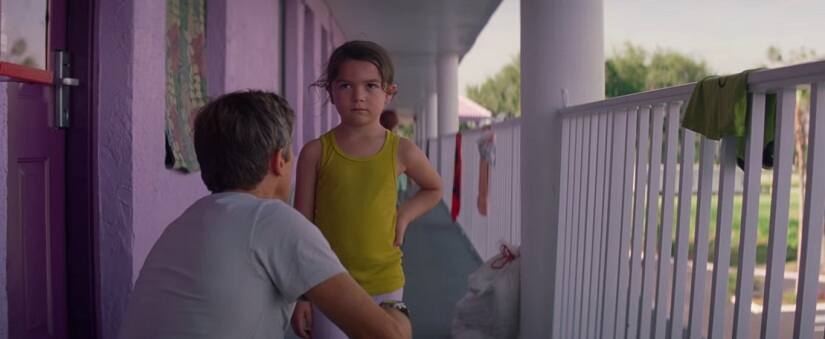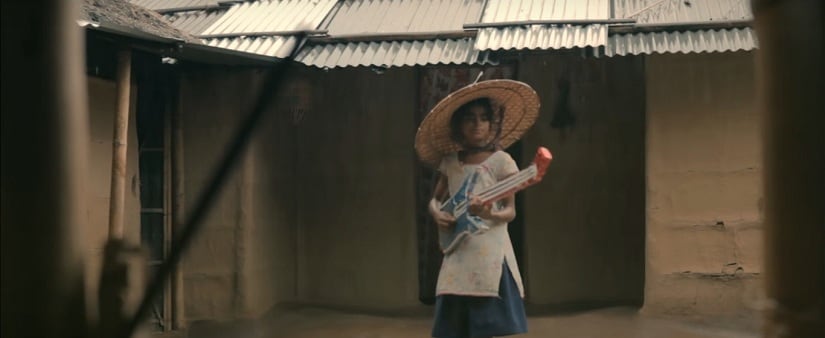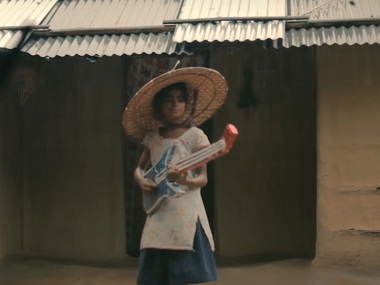(Editor’s note: For the next week, we will be publishing a fly-on-the-wall account of all that happens in Mumbai through the 19th Jio MAMI Film Festival. This daily diary will scope film and events to watch out for, as well as anecdotes and conversations through the festival.) The magic of film festivals is in meeting people at the oddest of places, like the delegate bus or the food court where people took quick food breaks in between films. The second day of MAMI was a bit like that. It was a day of encountering people in the long queues that preceded the films. It meant striking up easy conversations on cinema and in the end realising that love for cinema is just that — the great equalizer — it binds people in a way that common languages bring together lonely people in an alien land. Krishna Das, a film society member gave me company in a standby queue of Village Rockstars even though she had her tickets booked. Her reason: a turn of phrase about childhood that I had used while describing why I wanted to watch the next film. This had compelled her to tell me the story of The Florida Project, a film she had just seen and was left overwhelmed by. In our short tryst at the standby queue, she waited with me till she was ushered in, insisting that it is a film I must watch. The Florida Project by Sean Baker is set in the little strip outside Disney Land, and the events in it take place in a single summer. The film, which premiered at the Cannes Film Festival this year, records the childhood of Mooney and the life and economy around Disney parks, and, in a way, critiques the idea of instant happiness that Disneyland sells. One of the cheap motels is where the central character Mooney and her mother live, measuring their weeks from one to the next. At times, their life and this story at times will break your heart a little. [caption id=“attachment_4141797” align=“alignnone” width=“825”]  A still from The Florida Porject. Youtube screengrab[/caption] If there was a theme or a thread that one had to point out that ran through a large number of films that were showing at this year’s festival (or for that matter in festival circuit across the world this year) it would be childhood. My standby queue finally led me up the stairs of Audi 1 at PVR Icon and into another land of golden dusk and rockstar dreams. One wouldn’t find a more endearing film than Village Rockstars by Rima Das, which premiered at the Toronto Film Festival and has been consistently charming audiences with its honesty and enterprise. The film transports you to a little village in Assam where little Dhunu lives with her brother and mother, a widow and a woman who fiercely loves and protects her daughter, even her dreams of possessing a guitar one day. Dhunu owns the landscape — of paddy fields where little hutments make up their tiny village. She walks through them with her gang of friends, their lives modest and their hearts made of hope. Dhunu cuts a guitar out of white thermocol, pasting shiny blue and red paper on it, and this instrument guitar remains their good friend throughout. They are a band and they give little shows in the village till they are chased away. At a steady pace, the seasons come and go, and life in the village goes on. [caption id=“attachment_4141801” align=“alignnone” width=“825”]  A still from Village Rockstars. Youtube screengrab[/caption] It is a village and a landscape we grow comfortable with over the course of the film, and when it rains, we fear the water rising and impending floods, just like Dhunu and her family. But as they do very often amidst the adversity that is life, dreams go on. Dhunu saves money to buy her guitar, cries when her beloved goat is lost and her mother eyes the guitar left for repair at the village haat. In our limited journey together Dhunu grows up from a child to a young girl, the waters recede like they come and go every year, making people oddly resilient, and life in the village is back on track. The films ends with hope caught in the strains of the guitar and the credits bring forth another story —that of the director Rima Das and all the other roles she performed. She was the Producer, Cinematographer, Editor, Production Designer, and of course Casting Director, working with a bunch of kids who are non actors and had no idea of filmmaking. The post-film discussion had the entire team, consisting of Rima, her mother (who has partly produced the film) and the children creating a QnA experience just as charming as the film. The young girl playing Dhunu and all the other primary characters were present, complete with their guitar. It was their first trip outside the village and when asked, Dhunu confidently told the audience that she wanted to grow up and a singer and an actor. Shot by Rima over three and half years, the film was a result of the belief and the collective efforts of the team. The story around the film was just as hopeful as the film. Rima Das, with her solo rock star effort and conviction which resulted in this film, reminded us that cinema and making movies is about exactly that — a deep desire to realise your reality on screen.
On the second day of MAMI, director Rima Das and her enthusaistic cast, who had travelled out of their village for the first time, spoke about their film Village Rockstars
Advertisement
End of Article


)
)
)
)
)
)
)
)
)



